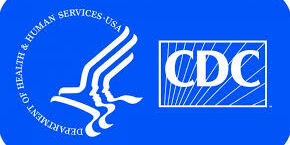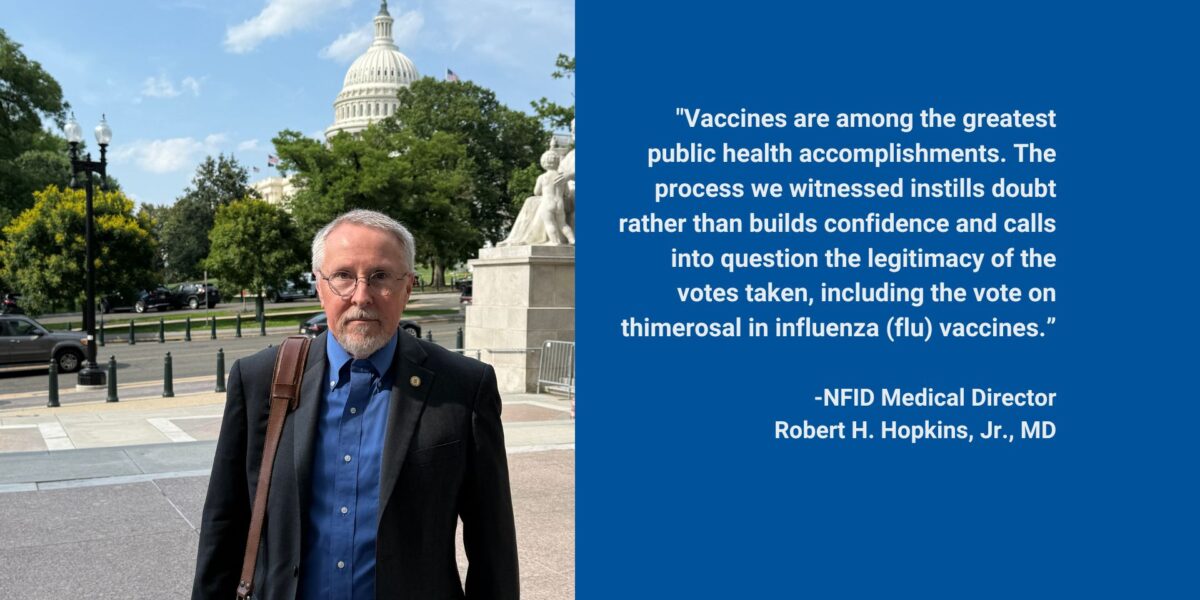
Special thanks to Carolyn B. Bridges, MD, Associate Director of Adult Immunizations, National Center for Immunization and Respiratory Services, US Centers for Disease Control and Prevention, for providing this guest blog post.
Vaccination is a critical preventive health measure. Making sure your patients are up-to-date on vaccines recommended by the Centers for Disease Control and Prevention (CDC) gives them the best protection available from several serious diseases. The National Vaccine Advisory Committee (NVAC) recently revised and updated the Standards for Adult Immunization Practice to reflect the important role that ALL healthcare professionals play in ensuring that adults are getting the vaccines they need.
These new standards were drafted by the National Adult Immunization and Influenza Summit (NAIIS) comprised of over 200 partners, including federal agencies, medical associations, state and local health departments, pharmacist associations, and other immunization stakeholders. What makes adult immunization a priority for leaders in medicine and public health? First and foremost, adult vaccination rates are very low (National Health Interview Survey, 2012). For example, rates for Tdap and zoster vaccination are 20% or less for adults who are recommended to get them. Even high risk groups are not getting the vaccines they need—only 20% of adults younger than 65 years old who are at high risk for complications from pneumococcal disease are vaccinated.
Each year, tens of thousands of adults needlessly suffer, are hospitalized, or even die as a result of diseases that could be prevented by vaccines. However, a recent national survey showed that most US adults are not even aware that they need vaccines throughout their lives to protect against diseases like shingles, pertussis, and hepatitis.
Adults trust their healthcare professionals to advise them about important preventive measures. Most health insurance plans provide coverage for recommended adult vaccines. And, research indicates that most patients are willing to get vaccinated if recommended by their doctor. However, most patients report their healthcare providers are not talking with them about vaccines, missing opportunities to immunize. Incorporating vaccine assessments into routine clinical care is key to improving vaccination rates.
CDC is calling on ALL healthcare professionals to make adult immunization a standard of patient care in their practice by integrating four key steps:
- ASSESS immunization status of all your patients in every clinical encounter. This involves staying informed about the latest CDC recommendations for immunization of adults and implementing protocols to ensure that patients’ vaccination needs are routinely reviewed.
- SHARE a strong recommendation with your patients for vaccines that they need. Key components of this include tailoring the recommendation for the patient, explaining the benefits of vaccination and potential costs of getting the diseases they protect against, and addressing patient questions and concerns in clear, understandable language.
- ADMINISTER needed vaccines or REFER your patients to a provider who can immunize them. It may not be possible to stock all vaccines in your office, so refer your patients to other immunization providers in the area to ensure that they get the vaccines they need to protect their health.
- DOCUMENT vaccines received by your patients. Help your office, your patient, and your patients’ other providers know which vaccines they have had by participating in your state’s immunization registry. And for the vaccines you don’t stock, follow up to confirm that patients received recommended vaccines.
For more information and resources to improve adult immunization practice, visit: www.cdc.gov/vaccines/hcp/adults or www.adultvaccination.org.
To join the conversation, participate in a Twitter chat about the new Standards for Adult Immunization Practice with CDC and NFID experts on Thursday, February 20, 2014 at 1:00 PM ET, using hashtag #NFIDchat.
Follow us on Twitter (@nfidvaccines), like us on Facebook, and join the NFID Linkedin Group.
Related Posts

Flawed ACIP Process Leads to Confusion and Distrust
Public health experts and leading healthcare professionals share concerns regarding the June 2025 Advisory Committee on Immunization Practices (ACIP) meeting on US immunization policy …

Empowering Men to Prioritize Health
Staying up to date on all recommended vaccines and taking other steps to prevent illness helps ensure men are ready for what matters most—showing up for loved ones or simply enjoying life …

Autism and Vaccines: What the Science Really Says
Progress is being made in the search for the causes of autism, and this information may be valuable for families who are hesitant about vaccines
